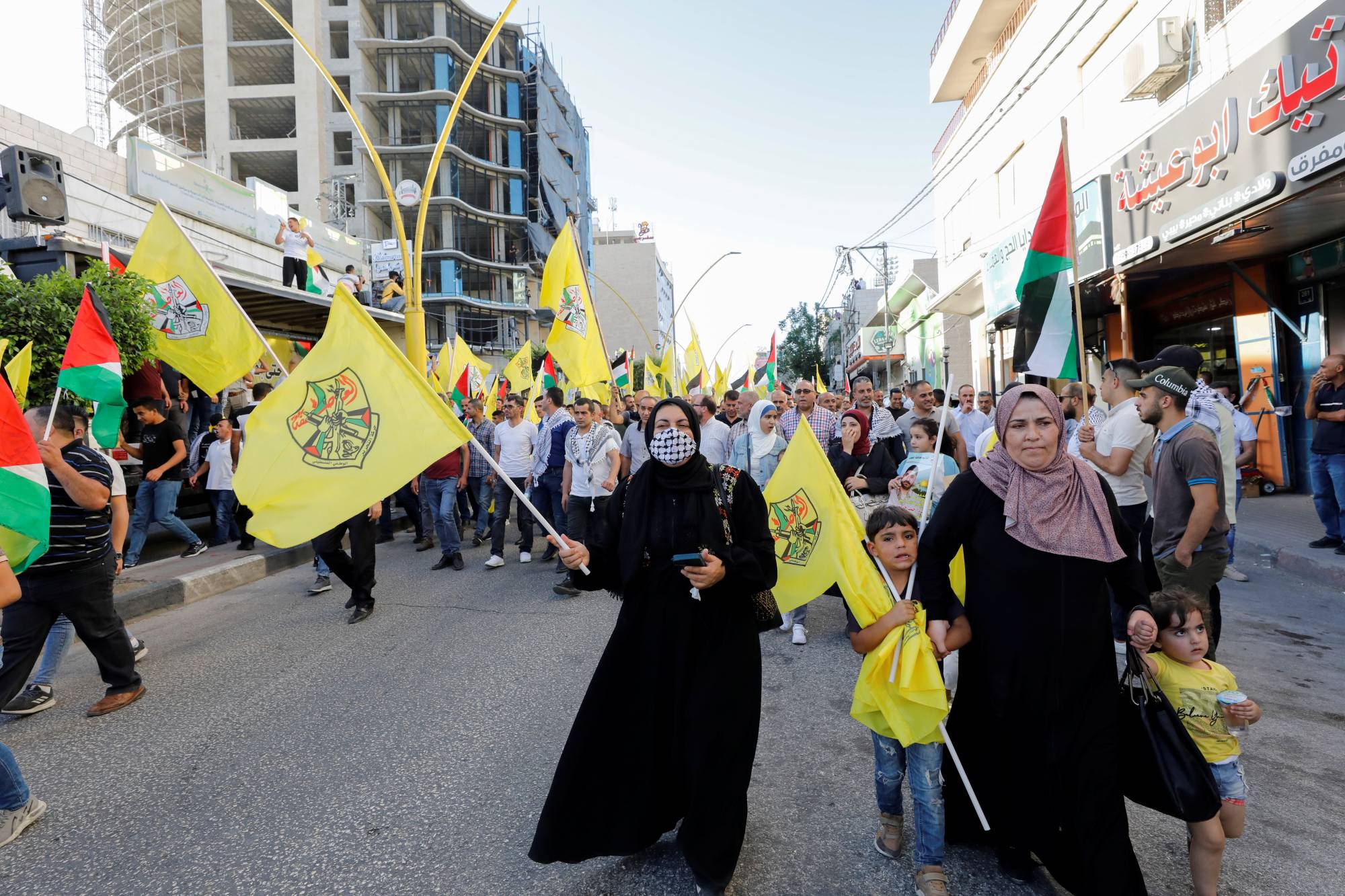Palestinian President Mahmoud Abbas was only ten years old when the United Nations was established. In September, he addressed its 76th General Assembly and issued a bold ultimatum: Israel has one year to withdraw from the Palestinian territory it occupied in 1967, including East Jerusalem, or the Palestinians would no longer recognize Israel based on the 1967 borders and they would take the occupation before the International Court of Justice.
Abbas, like more than half of Palestinians, is a refugee. He still possesses his family’s land deed from what is now the Israeli city of Safed — a deed that, he pointed out, is registered as part of the U.N.’s records. This state of affairs is not, he made clear, the Palestinians’ fault: “To those who claim there is no Palestinian partner for peace and that we do not ‘miss an opportunity to miss an opportunity,’ I challenge them to demonstrate that we have rejected even once a genuine and serious initiative to achieve peace.”
To be sure, in September 1967, in the wake of the June war, Arab leaders committed to the so-called Three Nos: “no peace with Israel, no recognition of Israel, no negotiations with it.” But the opposite is true today. As Palestinian Prime Minister Mohammad Shtayyeh recently noted, it is now Israel that refuses to talk with Abbas, engage in any good-faith negotiations, or recognize the state of Palestine.

















With your current subscription plan you can comment on stories. However, before writing your first comment, please create a display name in the Profile section of your subscriber account page.